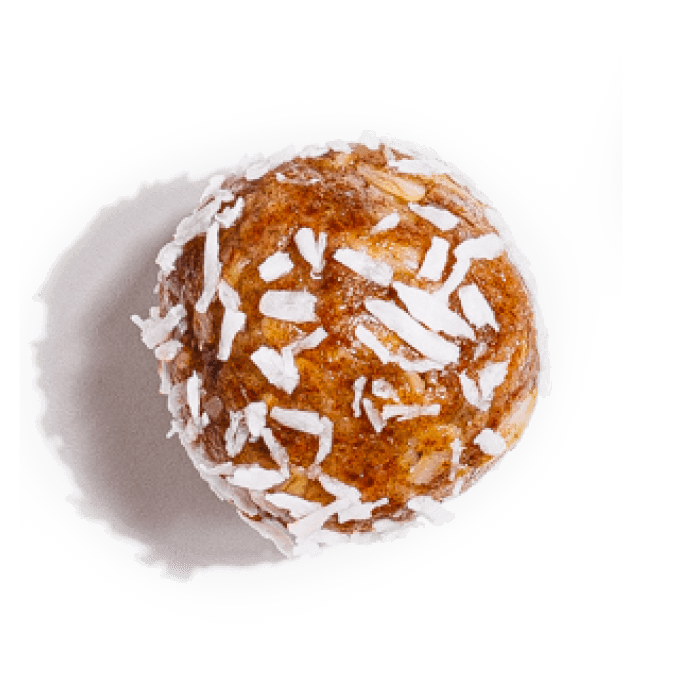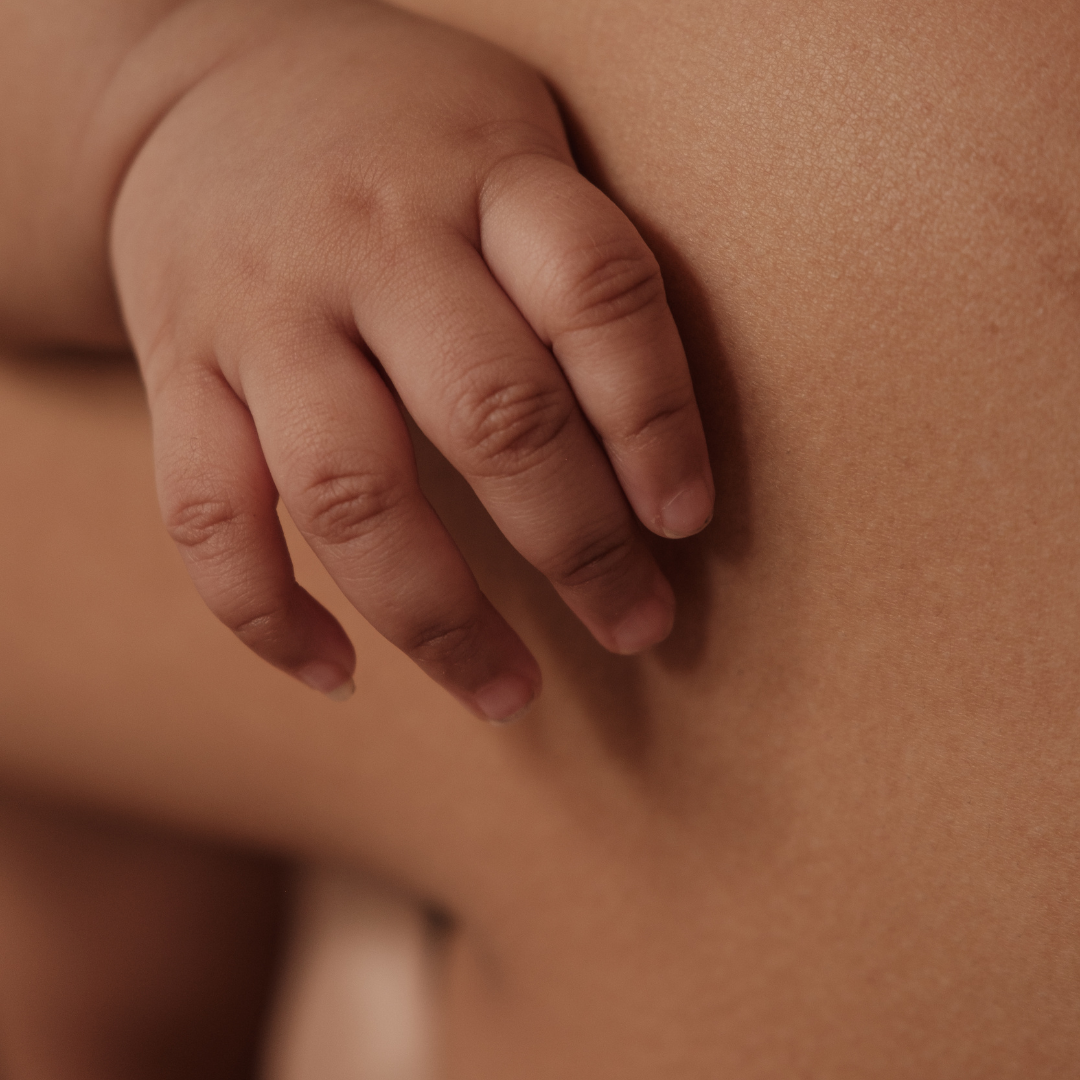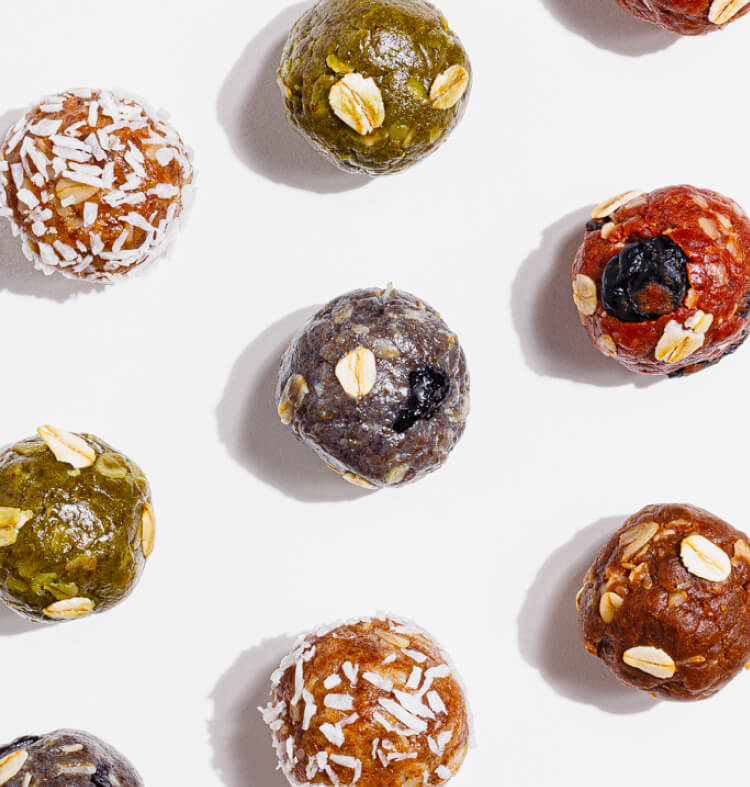By: Morgan Michalowski, NP, CNM, IBCLC
Frequent Breastfeeding
A baby who breastfeeds frequently with adequate weight gain and output, is a healthy baby! If you don't know that cluster feeding is healthy and beneficial to both you and your baby, it can feel overwhelming or like a warning sign. Cluster feeding is when your baby feeds every 30 minutes for hours on end. It is entirely normal if they are gaining weight and pooping and peeing frequently, and in fact, it protects your long-term milk supply.
Tip #1:
Remind yourself that feeding your baby when they show you signs of hunger, known as feeding on cue, establishes your long-term milk supply and ensures your baby’s nutritional needs are met.
Tip #2:
Larger feeding volumes at longer intervals may be stressful and cause spitting up, reflux, and low blood sugar. Frequent feedings are tough but beneficial to your baby!
Tip #3:
Instead of watching the clock while you feed, watch your baby! A baby who is getting enough to eat will come off the breast on their own, with relaxed hands and plenty of wet and dirty diapers. Get ready for those mini marathons of diaper changes!
Tip #4:
If at any point you question whether your baby is transferring enough breast milk, seek outside support.
What to Eat While Breastfeeding
Did you know you can eat what you want while breastfeeding! You don’t need to avoid any foods while breastfeeding IF your baby seems to tolerate them. How do you know if your baby is being fussy in a normal manner or fussy from the contents of your breast milk? Here’s your guide:
Tip #1:
If you are breastfeeding, eat what you would normally eat; most babies tolerate anything the mother eats. If you start to notice skin rashes, reflux or fussiness/gassiness in your baby, they might have a sensitive digestive tract.
- Your milk is flavored by the food you eat! Expand your baby’s palate by trying new foods and seeing how they respond to your breast milk (Spahn, Callahan, Spill, et al. 2019)!
- Alcohol and breastfeeding: 1 standard alcoholic beverage a day is safe to consume while breastfeeding if a mother waits at least 2 hours after drinking before she breastfeeds. Alcohol transfers into breast milk at the same rate it transfers into the bloodstream with the highest concentration 30–60 min after alcohol consumption (Haastrup et al. 2014). If you’re feeling tipsy, the baby will too.
Tip #2:
The most common offending foods for babies are caffeinated items (such as coffee, some teas and chocolate), dairy products, peanuts, eggs, citrus fruits, onions, wheat, and large amounts of cruciferous vegetables, like broccoli.
Tip #3:
You can try an elimination diet to see if your baby has a reaction to a specific food if you think the fussiness is related to diet. However, fussiness in babies peaks around 5-8 weeks. During this time, there’s not a whole lot you can do to avoid normal newborn fussiness. Just go with it and know that it’s temporary!
Tip #4:
Make sure you consume a nutrient dense diet which will help you and baby stay healthy. Maternal dietary intake can affect the quantity of some nutrients in your breastmilk. These nutrients include vitamin A, B1 (thiamine), B2 (riboflavin), B6, B12, D and folate; iodine; selenium and fatty acids (Innis, 2014; Schaefer, et al. 2020).









